Defending AI Systems Against Prompt Injection Attacks – A Guide for Modern Businesses
- Jordan Greenfield
- Sep 11, 2024
- 3 min read
As artificial intelligence (AI) becomes integral to business operations, security threats like prompt injection attacks represent a rising risk to organizations worldwide. Unlike traditional cyberattacks, prompt injection exploits the very core of large language models (LLMs) like ChatGPT by manipulating their input prompts to execute unauthorized actions, share sensitive information, or generate misleading content.

This guide outlines how businesses can protect their AI systems from prompt injection attacks and explores essential defense strategies.
What are Prompt Injection Attacks?
Prompt injection attacks manipulate the input that guides LLMs, redirecting their responses to potentially harmful outputs. These attacks come in two primary forms:
Direct Prompt Injection: Involves altering the immediate prompts provided to the LLM, often leading to unintended or unauthorized responses.
Indirect Prompt Injection: Involves modifying the external data sources or context that an LLM relies on, subtly influencing responses without changing the direct input.
These methods exploit LLMs’ reliance on external prompts to create responses, making them especially vulnerable when deployed in applications that handle sensitive data or complex user interactions.
Why Prompt Injection Attacks Matter
The risks associated with prompt injections are significant. From producing biased or harmful outputs to leaking confidential information, these attacks can severely damage an organization’s credibility and customer trust. A notable example involved a ChatGPT plugin that was manipulated to access sensitive information, underscoring the urgent need for advanced security measures.
Best Practices to Prevent Prompt Injection Attacks
To mitigate the risks posed by prompt injection attacks, organizations should adopt a proactive, multi-layered defense strategy:
Implement Robust Filtering Mechanisms: Use dual filtering (allowlist and blocklist) systems to scrutinize all user inputs, ensuring that only safe, context-appropriate queries are processed.
Strengthen Input Validation Protocols: Techniques like sandwiching, where user input is enclosed between system prompts, help control output context and reduce vulnerabilities.
Adopt a “Human-in-the-Loop” Approach: This method involves using human feedback to continuously monitor and correct AI outputs, which can reduce erroneous responses and improve AI reliability.
Regular Audits and Real-time Monitoring: Consistent audits and anomaly detection systems can identify and respond to unusual patterns in AI responses that may indicate an injection attack.
Training and Awareness Programs: Educate employees on the risks of prompt injection and provide guidance on identifying and mitigating such threats within AI-integrated systems.
Case Study: AI in Customer Service Applications
Many organizations deploy AI-driven customer service chatbots that handle sensitive data and provide personalized interactions. In these cases, prompt injection vulnerabilities can lead to significant data leaks or unauthorized actions. A well-known incident involved indirect prompt injection, where attackers manipulated the underlying dataset accessed by the AI. Preventative steps, like regular monitoring of data sources and contextual analysis, proved essential for mitigating such risks.
The Future of AI Security and Prompt Injection Attacks
With prompt injection attacks expected to evolve alongside LLM advancements, businesses must adopt adaptable security frameworks. This includes integrating next-generation detection systems, developing models resilient to manipulation, and collaborating with cybersecurity experts to stay informed about emerging threats. Proactive security measures and a focus on ethical, responsible AI development will be crucial for safeguarding future AI deployments.
Protect Your AI Systems with Integrated AI Solutions
Ready to secure your AI-driven applications against prompt injection and other advanced threats? Contact Integrated AI Solutions for a consultation to design robust defenses tailored to your business’s unique needs.




Comments